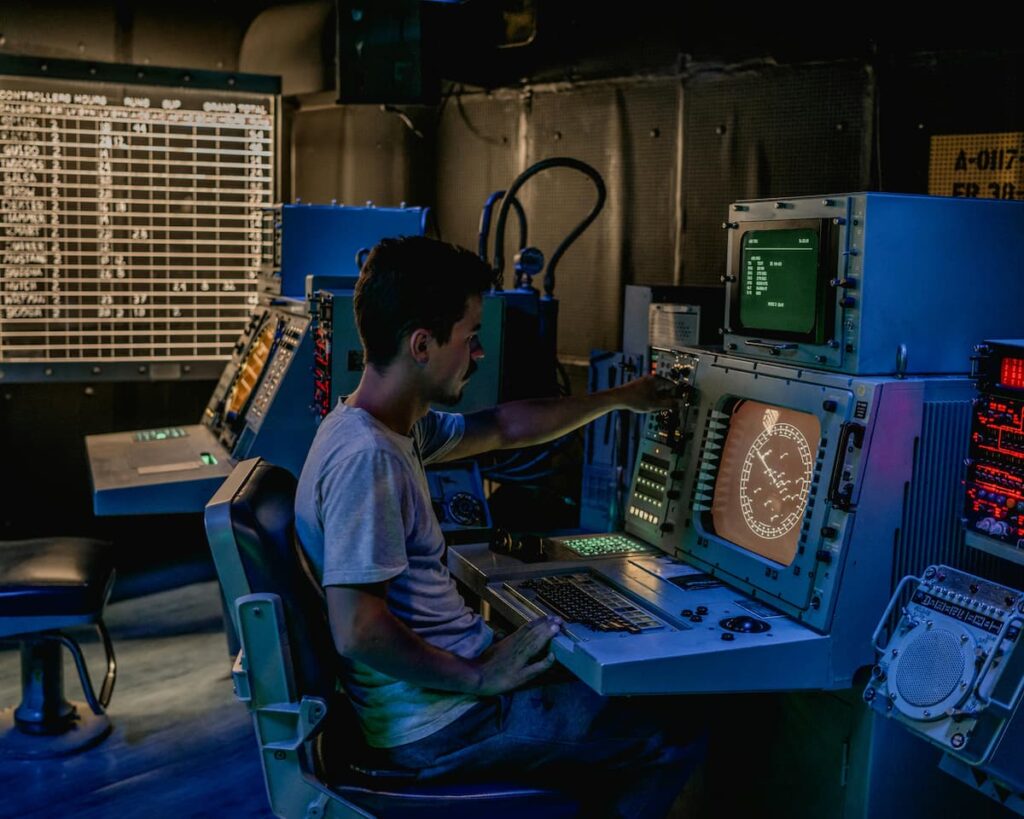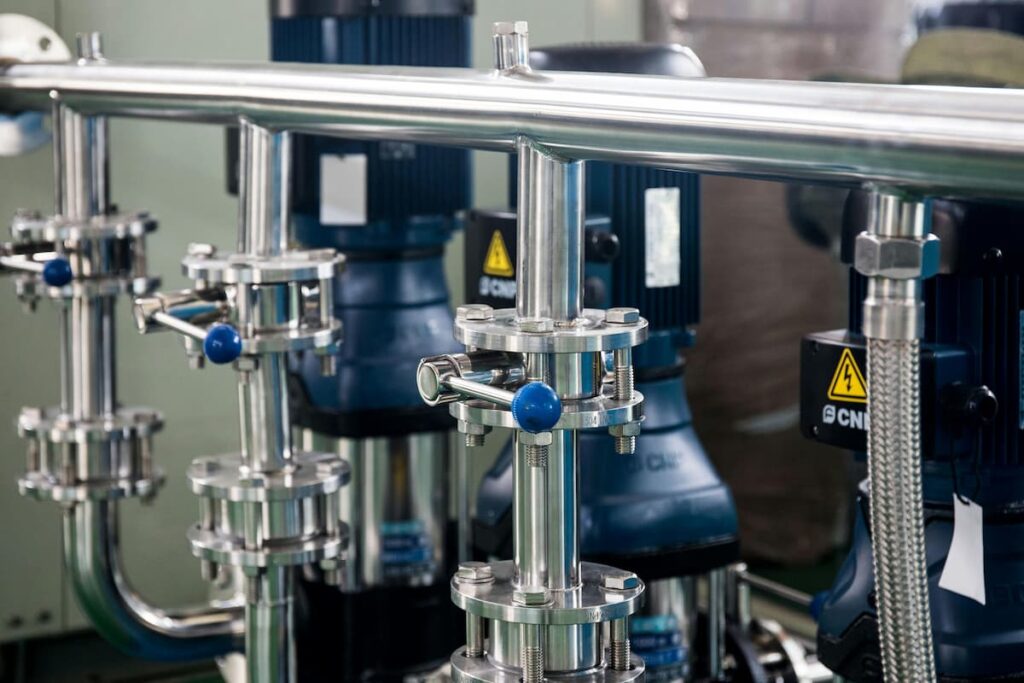In today’s highly competitive market, maintaining top-quality products is essential for any business looking to thrive. Quality control processes have traditionally been manual, labor-intensive, and prone to human error. However, the advent of Artificial Intelligence (AI) is revolutionizing the field of quality control, making it more efficient, accurate, and reliable. This article explores how AI-driven quality control is transforming product quality assurance and why it is becoming an indispensable tool for modern manufacturing.
Table of Contents
The Evolution of Quality Control
Quality control has always been a critical aspect of manufacturing. Traditional methods involve periodic sampling, visual inspections, and manual measurements. While these methods have served well in the past, they are often time-consuming and can miss subtle defects. With the rise of AI, quality control is undergoing a significant transformation, leveraging advanced technologies to enhance precision and efficiency.
How AI is Revolutionizing Quality Control
Automated Inspections
One of the most significant advantages of AI in quality control is the automation of inspections. Machine learning algorithms and computer vision technologies enable AI systems to perform detailed inspections at speeds and accuracy levels that far surpass human capabilities. These systems can detect minute defects, inconsistencies, and deviations from standards that would be challenging to identify manually.
Predictive Maintenance
AI-driven quality control is not limited to inspecting finished products. It also plays a crucial role in predictive maintenance. By analyzing data from sensors embedded in manufacturing equipment, AI can predict when a machine is likely to fail or produce substandard products. This allows for timely maintenance, reducing downtime and ensuring consistent product quality.
Real-Time Monitoring and Feedback

AI systems provide real-time monitoring and feedback during the manufacturing process. This continuous oversight allows for immediate detection and correction of issues, preventing defective products from reaching the end of the production line. Real-time feedback loops ensure that any deviations from quality standards are addressed promptly, maintaining high-quality output.
Enhanced Data Analysis
AI’s ability to analyze vast amounts of data is revolutionizing quality control. By processing and interpreting data from various sources, including production line sensors, historical records, and environmental conditions, AI systems can uncover patterns and trends that impact product quality. This data-driven approach enables manufacturers to make informed decisions and implement process improvements.
Benefits of AI-Driven Quality Control
Increased Efficiency
AI-driven quality control significantly increases the efficiency of the quality assurance process. Automated inspections and real-time monitoring reduce the need for manual checks, speeding up the production process and allowing human workers to focus on more complex tasks.
Improved Accuracy
AI systems offer unparalleled accuracy in detecting defects and inconsistencies. The precision of machine learning algorithms ensures that even the smallest deviations from quality standards are identified, resulting in higher-quality products and fewer returns or recalls.
Cost Savings
Implementing AI in quality control can lead to substantial cost savings. Reduced downtime, fewer defective products, and optimized maintenance schedules contribute to lower operational costs. Additionally, higher product quality enhances customer satisfaction and brand reputation, driving sales and profitability.
Scalability
AI-driven quality control systems are highly scalable. As production volumes increase, AI systems can handle the additional workload without compromising accuracy or efficiency. This scalability makes AI an ideal solution for manufacturers looking to expand their operations.
Challenges and Considerations
Integration with Existing Systems

Integrating AI-driven quality control systems with existing manufacturing processes can be challenging. It requires careful planning, investment in new technologies, and training for employees. However, the long-term benefits of improved quality and efficiency make this investment worthwhile.
Data Quality and Availability
The effectiveness of AI systems depends on the quality and availability of data. Manufacturers must ensure that they have robust data collection and management systems in place. High-quality, comprehensive data is essential for training AI models and achieving accurate results.
Ethical and Regulatory Concerns
AI-driven quality control raises ethical and regulatory concerns, particularly regarding data privacy and security. Manufacturers must comply with relevant regulations and implement measures to protect sensitive information. Additionally, ethical considerations around the use of AI in decision-making processes must be addressed.

Future Trends in AI-Driven Quality Control
Integration with IoT
The integration of AI with the Internet of Things (IoT) is set to revolutionize quality control further. IoT devices can collect real-time data from various points in the production process, providing AI systems with a wealth of information to analyze. This synergy between AI and IoT will enhance predictive maintenance, real-time monitoring, and overall quality control.
Advancements in Machine Learning
As machine learning algorithms continue to evolve, their capabilities in quality control will expand. Future AI systems will be able to learn and adapt more quickly, improving their accuracy and efficiency. These advancements will make AI-driven quality control even more effective and reliable.
Human-AI Collaboration
The future of quality control lies in the collaboration between humans and AI. While AI systems excel at data analysis and automated inspections, human workers bring critical thinking and problem-solving skills to the table. By combining the strengths of both, manufacturers can achieve the highest levels of quality and efficiency.
Conclusion
AI-driven quality control is transforming the manufacturing industry by providing more accurate, efficient, and reliable quality assurance processes. From automated inspections and predictive maintenance to real-time monitoring and enhanced data analysis, AI is helping manufacturers ensure top-quality products. Despite the challenges of integration, data management, and ethical considerations, the benefits of AI-driven quality control make it an indispensable tool for modern manufacturing. As AI technology continues to advance, its role in quality control will only become more significant, paving the way for even higher standards of product excellence.
Please click here for Further Exploration
Please click here to read about MANAGING FINANCIAL RISKS WITH AI: WHAT YOU NEED TO KNOW

